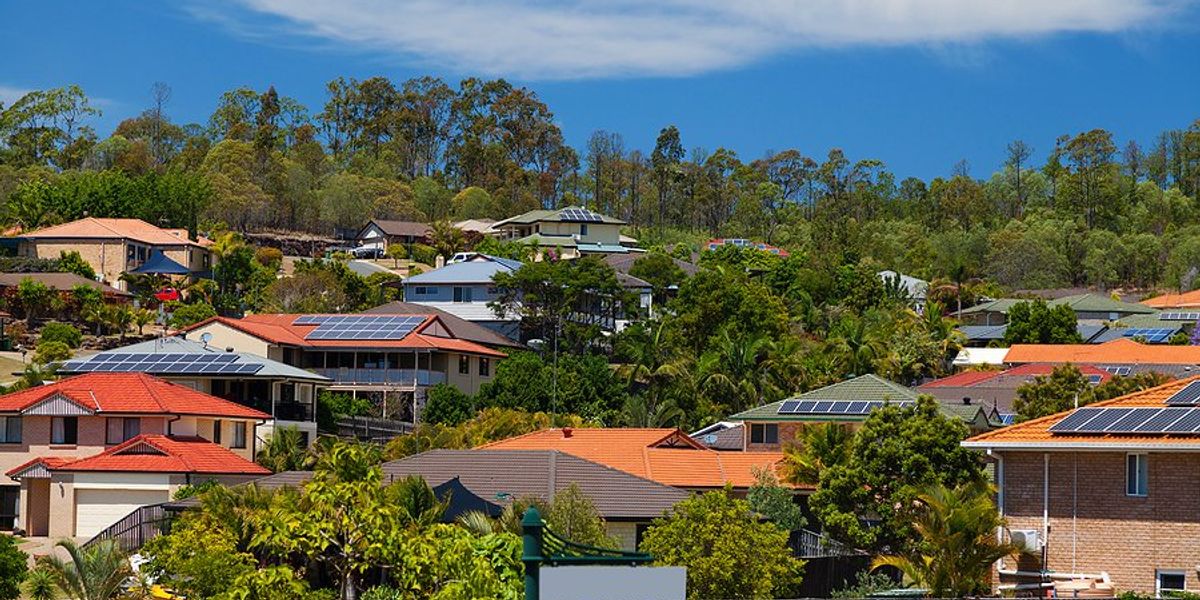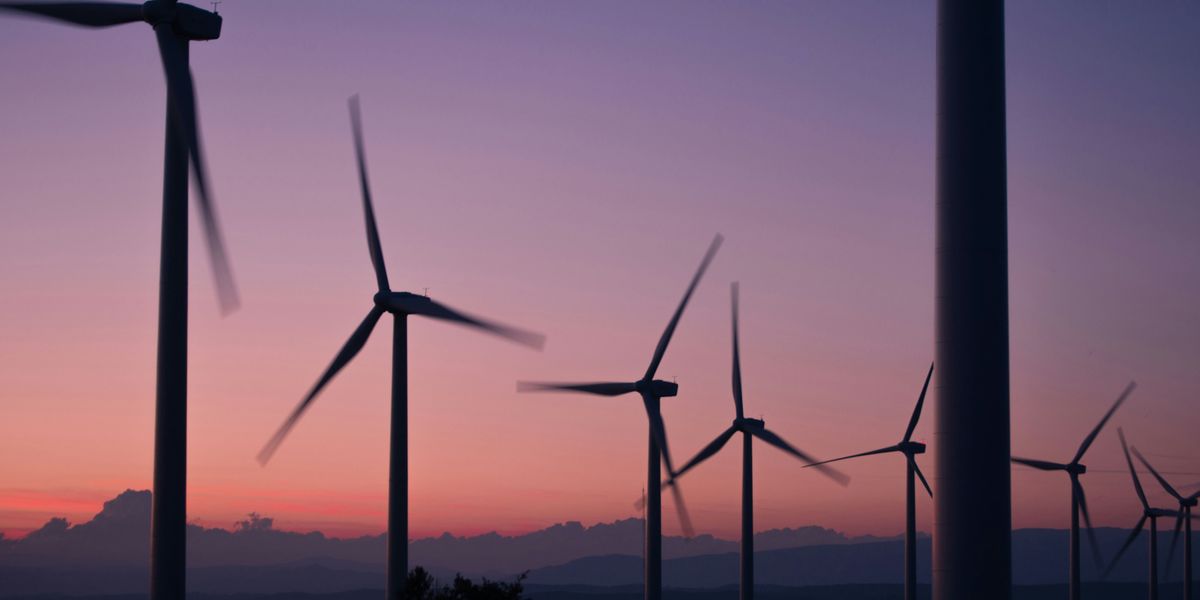summit carbon solutions
Iowa carbon pipeline regulations challenged by Summit
Summit Carbon Solutions claims Iowa counties lack the authority to enforce ordinances restricting the siting of carbon dioxide pipelines, stating that state and federal regulators have ultimate control.
In short:
- Summit Carbon Solutions seeks to overturn county ordinances that mandate setbacks for carbon pipelines, arguing these regulations conflict with state and federal authority.
- Federal and state regulators are said to have exclusive jurisdiction over pipeline safety, according to Summit and its supporters.
- The case, involving appeals from Shelby and Story counties, will be heard by the Eighth Circuit U.S. Court of Appeals, with a decision expected next year.
Key quote:
“Local governments have traditionally exercised broad powers to regulate land use, including setback distances and property development that includes development in the vicinity of pipelines.”
— Alan Mayberry, pipeline safety administrator, PHMSA
Why this matters:
Summit Carbon Solutions’ stance underscores a broader trend where large energy and infrastructure firms seek to bypass local regulations, often arguing that a unified regulatory framework is essential for the development of critical projects. For this company, this means pushing forward with plans to construct extensive CO2 pipelines intended to capture and transport carbon emissions from industrial sources to underground storage sites. These pipelines are a key component of strategies aimed at reducing greenhouse gas emissions and mitigating climate change.
Midwestern CO2 pipeline gets Iowa approval but faces further challenges
Iowa regulators approved Summit Carbon Solutions' CO2 pipeline project, but it still needs approvals from other states to proceed.
In short:
- The $5.5 billion project will transport CO2 emissions from over 50 ethanol plants in five states for underground storage in North Dakota.
- Opponents fear land seizures and potential hazards from pipeline ruptures, while supporters argue it aids climate change efforts and economic growth.
- Summit must secure approvals from North Dakota, South Dakota, Minnesota, and Nebraska before construction can begin.
Key quote:
“Whether you think it’s smart or silly, the world’s largest airlines want to decarbonize their fuel.”
— Monte Shaw, executive director at the Iowa Renewable Fuels Association
Why this matters:
For advocates, the pipeline represents a crucial step in reducing carbon emissions and combating climate change. By capturing and storing CO2, the project could help lower the carbon footprint of biofuel production, making it a more sustainable option. Farmers and landowners have voiced strong opposition, fearing the pipeline could disrupt agriculture and threaten water supplies. Environmentalists are divided, with some supporting carbon capture as a necessary tool in the fight against global warming, while others argue it distracts from investing in renewable energy sources like wind and solar power.
Iowa counties await decision on pipeline ordinances amid legal battles
Several Iowa counties face legal challenges over ordinances restricting carbon dioxide pipelines, with outcomes hinging on federal appeals.
In short:
- Shelby and Story counties' pipeline restrictions were overruled by a federal judge, sparking appeals.
- Summit Carbon Solutions sued five counties for imposing pipeline restrictions, citing disruption to their $8 billion pipeline project.
- The legal battles reflect local concerns about pipeline safety and environmental impacts.
Key quote:
"The challenged restrictions impose severe limitations that will lead to a situation where the (Iowa Utilities Board) may grant a permit to construct a pipeline and Summit is unable to do so."
— Chief Judge Stephanie Rose
Why this matters:
This legal conflict underscores the tension between local environmental safety concerns and large-scale industrial projects. The outcome could set a precedent for how local and federal authorities balance environmental protection with industrial development.
Source of pride and pollution: Balancing energy needs and community health.















